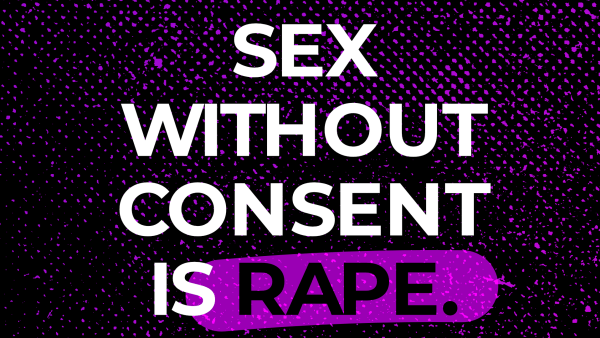The S&D Group in the European Parliament will vote in favour of reports that call for real access to justice for EU citizens and for an effective intellectual property system when it comes to artificial intelligence.
In a joint debate today, S&D MEPs will support clear rules and fair compensation as part of a civil liability regime for AI. With intellectual property rights in AI also on the agenda, the S&D Group support a system that promotes innovation while safeguarding the rights of inventors and creators. The final votes will take place on Tuesday.
Evelyne Gebhardt, S&D shadow rapporteur on a civil liability regime for AI, said:
“With a civil liability regime for artificial intelligence, we want to reassure Europeans that they can have trust in the new technologies. Where there is harm inflicted, we also want to guarantee fair compensation and effective access to justice for citizens and consumers throughout the EU. With the emergence of new digital technologies that give rise to new kinds of damages, our political group fought hard to include compensation for non-material damages caused by AI applications. For instance, we want to ensure compensation against damages to personality rights, harm by discrimination on the basis of the victim’s sex, health, ethnicity or creed.
We worked to ensure the Parliament’s position includes a strict liability system for harms caused by high-risk-AI and a full reversal of the burden of proof to the benefit of the injured party for harms caused by low-risk-AI. With AI-technologies, it is impossible for ordinary users to identify the causal link between harm and damage. We do not want consumers to find themselves in a situation where they are forced to prove how a flaw in the technology was causal for damages. That is why liability needs to be established based on the how much control the party holds over the risk of the operation, with the primary responsibility at the door of producers and developers. By setting out clear rules for the civil liability claims against operators of AI-systems, we want to make sure that any possible legal gaps are closed so that the protection of citizens is water-tight when it comes to AI technologies.”
Tiemo Wölken, S&D JURI coordinator and shadow rapporteur on intellectual property rights for the development of artificial intelligence, said:
“For the EU to be a global leader in artificial intelligence, we need an effective intellectual property system in place to promote innovation and data sharing, while also safeguarding human creation and inventorship. We are constantly developing technologies and creative works with the assistance of AI. However, that is not the same as a creation autonomously generated by AI. With this in mind, we want to make sure that the intellectual property rights of human creators are fully protected and the principle of originality in human creations is fully respected. At the same time, the role of data is crucial in allowing artificial intelligence to flourish in the EU, which is why we believe that data needs to be shared and accessible, not owned, to ensure that technology can develop beyond the grasp of a limited number of tech giants. The EU's intellectual property rights regime should ensure both.”
As part of the joint debate on artificial intelligence in the plenary debate, there is also legislative report drafted by S&D rapporteur Ibán Garcia del Blanco on binding ethical standards. The final vote on the framework of ethical aspects of artificial intelligence will also take place on Tuesday.










